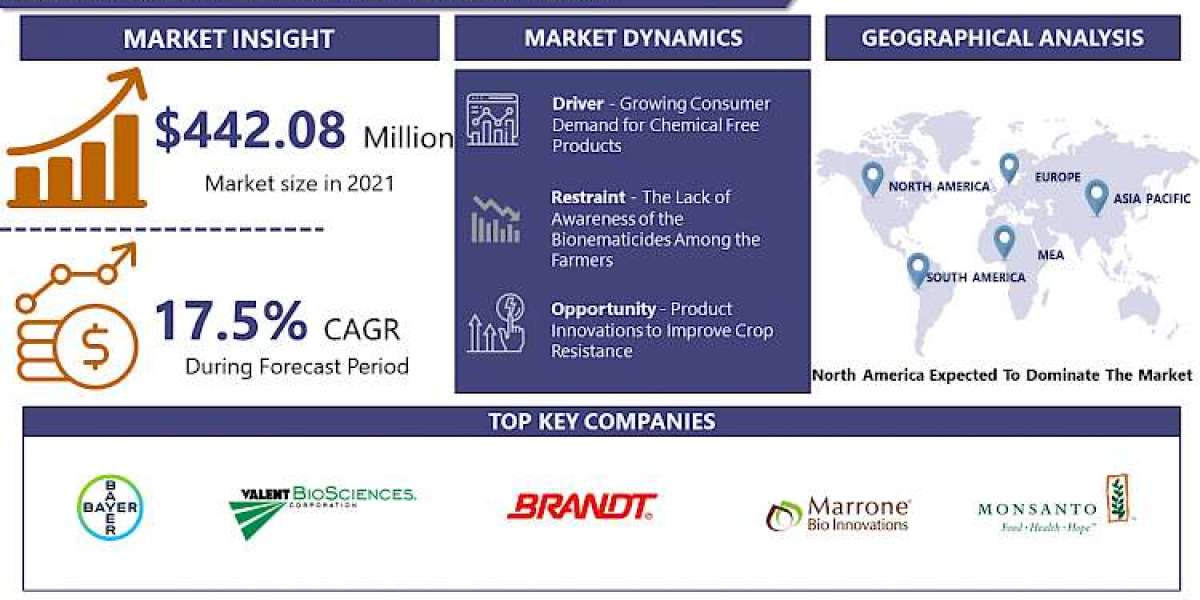Introduction
In the fast-paced world of healthcare, technological advancements play a crucial role in enhancing patient care, streamlining processes, and improving overall efficiency. One of the key drivers of this transformation is healthcare software development. This article explores the top healthcare software development companies that are leading the charge in revolutionizing the medical industry.
What is Healthcare Software Development?
Healthcare software development involves the creation of custom software solutions tailored to the unique needs of healthcare organizations. These solutions encompass a wide range of applications, including electronic health records (EHR) systems, medical billing software, telemedicine platforms, and more.
Importance of Healthcare Software Development
Healthcare software development is essential for modern healthcare delivery due to its ability to:
- Improve patient outcomes through better data management and analysis.
- Enhance operational efficiency by automating routine tasks and workflows.
- Ensure compliance with regulatory requirements such as HIPAA.
- Facilitate remote patient monitoring and telehealth services.
- Enable seamless communication and collaboration among healthcare professionals.
Types and Categories
Healthcare software development companies specialize in various types of software solutions tailored to different healthcare domains. Some of the most common categories include:
Electronic Health Records (EHR) Systems
EHR systems digitize patient health records, allowing healthcare providers to access and manage patient information securely. Leading companies in this category include:
- Epic Systems Corporation
- Cerner Corporation
- Allscripts Healthcare Solutions
Medical Billing and Revenue Cycle Management (RCM) Software
Medical billing software streamlines the billing and revenue cycle management process for healthcare providers, helping them optimize revenue and reduce administrative burdens. Key players in this space include:
- Athenahealth
- Kareo
- NextGen Healthcare
Telemedicine Platforms
Telemedicine platforms enable virtual consultations between patients and healthcare providers, expanding access to care and improving patient engagement. Notable companies offering telemedicine solutions include:
- Teladoc Health
- Amwell
- Doctor On Demand
Healthcare Analytics and Business Intelligence
Healthcare analytics software leverages data analytics and business intelligence tools to derive actionable insights from healthcare data, enabling informed decision-making and performance improvement. Leading providers of healthcare analytics solutions include:
- IBM Watson Health
- Optum
- Health Catalyst
Practice Management Software
Practice management software helps healthcare practices streamline administrative tasks such as appointment scheduling, patient registration, and billing. Prominent vendors in this category include:
- eClinicalWorks
- Practice Fusion (Now part of Allscripts)
- Greenway Health
Symptoms and Signs
Identifying the right healthcare software development company can be challenging amidst a crowded market. Here are some common symptoms and signs to look out for:
Lack of Customization
If a software solution does not offer customization options to adapt to your organization's unique needs, it may not be the right fit.
Poor User Experience
Software with a clunky interface or complicated navigation can hinder productivity and user adoption among healthcare professionals.
Limited Integration Capabilities
In today's interconnected healthcare ecosystem, seamless integration with other systems and devices is essential for data exchange and interoperability.
Inadequate Security Measures
Given the sensitive nature of patient health information, robust security measures, such as data encryption and access controls, are non-negotiable.
Poor Customer Support
Responsive customer support is critical for resolving issues promptly and ensuring smooth implementation and ongoing maintenance of the software.
Causes and Risk Factors
Several factors contribute to the success or failure of healthcare software development initiatives. Understanding these causes and risk factors can help organizations make informed decisions.
Lack of Stakeholder Involvement
Failure to involve key stakeholders, including healthcare providers, IT staff, and end-users, in the software development process can lead to solutions that do not meet their needs.
Unrealistic Expectations
Setting unrealistic expectations regarding timelines, budgets, or functionality can derail software development projects and lead to dissatisfaction among stakeholders.
Insufficient Training and Change Management
Inadequate training and change management efforts can impede user adoption and hinder the successful implementation of new software solutions.
Regulatory Compliance Challenges
Navigating complex regulatory requirements, such as HIPAA in the United States or GDPR in the European Union, requires careful planning and expertise to ensure compliance.
Technology Obsolescence
Rapid advancements in technology can render existing software solutions obsolete if they fail to keep pace with evolving industry standards and best practices.
Diagnosis and Tests
Selecting the right healthcare software development company requires thorough evaluation and due diligence. Here are some diagnostic tests to assess potential vendors:
Portfolio Assessment
Reviewing the vendor's portfolio of past projects can provide insights into their expertise, experience, and track record in delivering healthcare software solutions.
Client References
Seeking references from current or past clients can offer valuable perspectives on the vendor's capabilities, reliability, and customer satisfaction levels.
Technical Expertise
Evaluating the vendor's technical expertise, including programming languages, development frameworks, and integration capabilities, is essential for ensuring compatibility with existing systems.
Security Measures
Inquiring about the vendor's security practices, certifications, and compliance with industry standards can help assess the protection of sensitive patient data.
Scalability and Flexibility
Assessing the scalability and flexibility of the vendor's solutions is crucial for accommodating future growth and adapting to changing business requirements.
Treatment Options
Once a healthcare software development company has been selected, the next step is to embark on the software development journey. Here are some treatment options to consider:
Requirements Gathering
Collaborate with the vendor to define clear and comprehensive requirements that align with your organization's goals, workflows, and user needs.
Agile Development Methodology
Adopting an agile development approach allows for iterative, incremental progress, enabling stakeholders to provide feedback and course corrections throughout the project lifecycle.
User-Centric Design
Prioritize user experience (UX) and user interface (UI) design to ensure intuitive usability and seamless interaction for healthcare professionals and patients alike.
Quality Assurance and Testing
Implement robust quality assurance (QA) processes to detect and address defects early in the development cycle, ensuring the reliability and performance of the software solution.
Deployment and Training
Plan for smooth deployment and user training to minimize disruption and maximize user adoption, empowering healthcare professionals to leverage the new software effectively.
Preventive Measures
To mitigate risks and ensure the success of healthcare software development projects, organizations can take proactive measures:
Establish Clear Communication Channels
Maintain open and transparent communication with the vendor throughout the software development process to address concerns, clarify requirements, and resolve issues promptly.
Set Realistic Expectations
Manage stakeholders' expectations by setting realistic goals, timelines, and budgets based on thorough analysis and assessment of project requirements.
Invest in Training and Support
Allocate resources for comprehensive training and ongoing support to empower users and maximize the value derived from the software solution over time.
Monitor Progress and Milestones
Regularly monitor project progress and milestones to identify potential bottlenecks or deviations from the plan and take corrective actions as needed.
Foster Collaboration and Feedback
Encourage collaboration and feedback among stakeholders, including healthcare professionals, IT staff, and end-users, to continuously improve the software solution and address evolving needs.
Personal Stories or Case Studies
Real-life stories and case studies can offer valuable insights into the impact of healthcare software development on patient care and organizational success.
Case Study: Streamlining Healthcare Operations with EHR Software
ABC Hospital implemented an EHR software solution developed by XYZ Software Solutions to digitize patient records and streamline clinical workflows. As a result, the hospital experienced:
- Improved efficiency and productivity among healthcare providers.
- Enhanced patient safety through accurate and timely access to medical records.
- Increased patient satisfaction with streamlined registration and billing processes.
Expert Insights
Experts in the field of healthcare software development offer valuable perspectives on industry trends, best practices, and emerging technologies.
Dr. Sarah Smith, Chief Medical Officer, XYZ Software Solutions
"Healthcare software development is undergoing a paradigm shift with the adoption of artificial intelligence (AI) and machine learning (ML) technologies. These advancements hold tremendous potential for enhancing clinical decision-making, predictive analytics, and personalized medicine."
Conclusion
Healthcare software development plays a pivotal role in transforming the delivery of healthcare services, improving patient outcomes, and driving operational excellence. By partnering with top healthcare software development companies and adopting best practices, healthcare organizations can leverage technology to navigate the challenges of an evolving industry landscape and deliver high-quality care to patients worldwide.



